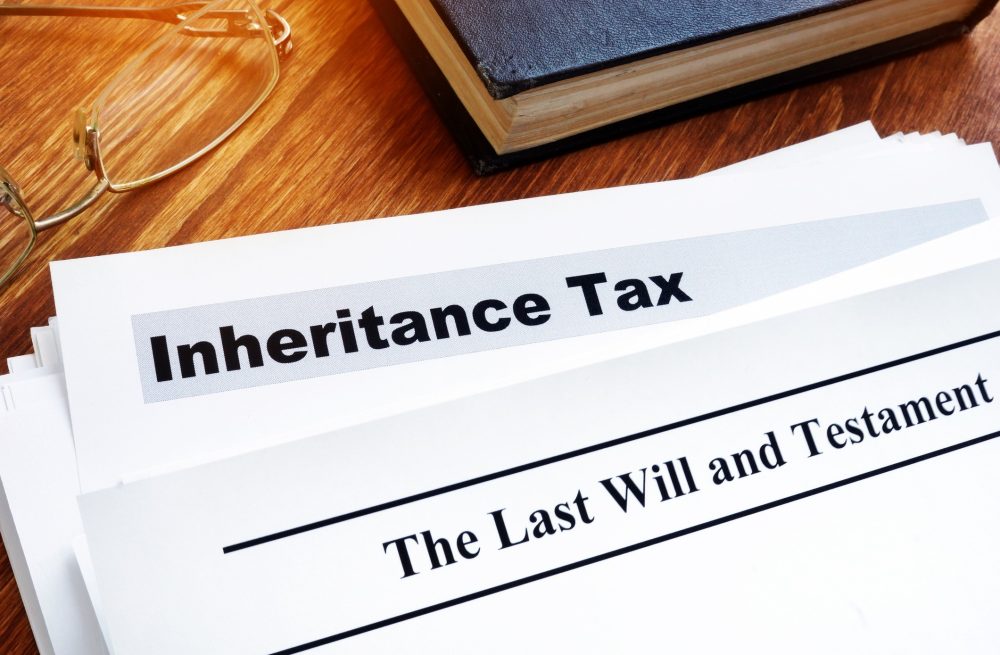Estate planning can be tedious, but it is incredibly important. Without an appropriate plan in place, your heirs may not receive an appropriate distribution of assets, and poor planning could have unintended monetary impacts on your loved ones. Estate tax and inheritance tax are two considerations that you should always factor into your estate plan.
The main difference between estate tax and inheritance tax is that estate taxes are paid directly from the estate, whereas the beneficiary (individual named in a Will) is responsible for paying any applicable inheritance tax. Estate tax is defined by the IRS as “a tax on your right to transfer property at your death.” Inheritance tax applies only to some inheritances because it is dependent on the beneficiary’s relationship to the decedent. The federal government does not have an inheritance tax, but New Jersey is one of six states that has an inheritance tax.
Generally speaking, the estate tax is dependent on the time of the decedent’s death. Both the federal government and State of New Jersey have amended their estate tax laws over the years, which created differences in how taxes were assessed to estates. For example, in 2001, the estate tax exemption (amount under which you pay no taxes) in New Jersey was $675,000, but in 2016, it increased to $2 million. The remainder of this article only considers the federal and New Jersey state laws as they apply today.
The current federal law gives individuals a lifetime exemption from federal estate, gift and generation-skipping transfer taxes. This exemption applies to amounts up to $11,180,000. Any amount higher than this will be taxed at a 40% rate.
New Jersey estate tax law has evolved over the years, often factoring in recent federal developments. However, the current New Jersey law is that estate taxes are not imposed on individuals who died on or after January 1, 2018. This means that decedents with under $11 million in assets do not pay estate tax, which has simplified estate planning to an extent.
As mentioned above, inheritance tax is based on your beneficiary relationship with the estate. In New Jersey, there are four classes of beneficiaries. Class A beneficiaries, including spouses, children, grandchildren, parents, grandparents, and adopted children, pay no tax. Class C beneficiaries, including brothers and sisters of the decedent (among others), are exempt up to $25,000 and anything above that amount is taxed at a rate between 11-16%. Class D beneficiaries are the catch-all category and include anyone not listed in the first three categories. Class D beneficiaries only receive an exemption up to $500 and any higher amount is taxed at a rate between 15-16%. Class E beneficiaries include exempt organizations, such as charities, religious institutions, non-profits, and any other qualified organization.
The constantly evolving laws regarding estate and inheritance taxes add a level of complexity to estate planning. It is advisable to seek the services of an experienced attorney to assist you in developing your estate plan. The attorneys at Ward, Shindle and Hall have been handling estate matters for many years and will gladly answer any related questions you may have. You can contact our firm and schedule a free consultation at any time.

